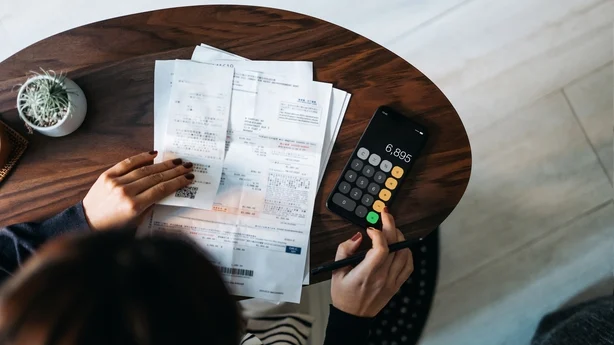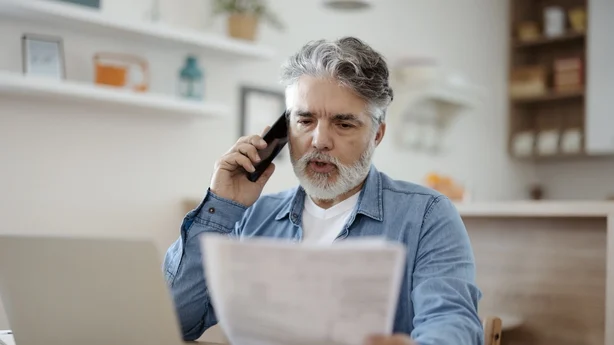Debt is the ultimate four letter word when it comes to financial stress. Whether you have credit card debt, personal loan debt, student loan debt, or you are starting the equally stressful journey to obtain your first mortgage or car loan, you're basically dealing with debt.
Debt is the major stress point in every household that I’ve worked with. So what do you do?
John Lowe of MoneyDoctors.ie shows how to conquer those debt fears and take control of your financial life with five simple steps.

1. Categorise and strategize your existing debt
List all your existing debts, from the home loan to the €500 borrowed from your Dad for those much needed new tyres. You must do everything to pay at least the minimum repayment due on every debt. As long as you’re on target with that, the next job is to pay more than the minimum on the debt that has the highest interest rate.
Once that debt is paid off, focus on speeding up repayment on the next debt with the highest interest charge. This is called the sniper approach – makes sense to pay off the highest interest, short term debt first as it’s the most painful.
2. Free up more money to pay off debts
Track your daily spending to create a detailed report of where you are spending money over a four to five week or calendar month period. Once you’ve input all your data, you can start to see where to make economies and seize opportunities to reduce some of that spending. Do you really need all those lattés? Could you take the bus rather than pay for hours of parking? That’s a lot of potential savings toward repaying debts.
A simple diary could document all those items of expenditure or you could download the free Money Doctors app – has 15 categories including online, and when a report is requested, gives top five spends, total amount spent and geographically where you spent it.
Look also at your annual budget – could you reduce any of your expenditure items even by 10%. The savings could not only be significant but a means to helping you to pay off debt.

3. Borrow smart
There can be huge differences between the lenders, from interest rates to special incentive offerings (e.g. Bank of Ireland, EBS and PTSB’s 2% cash back on mortgages). So whether you are searching for a home loan, a car loan or even that one year student loan, always shop around and look at all the competition.
Don't over-borrow. Remember you are the one who has to repay that loan, not the lender. And if you plan on financing a car purchase, keep the loan term to a maximum three years and if you can, save over those same three years specifically for the day when your new car will need to be upgraded.
Cars are depreciating assets. Watch out for the Personal Contract Plans – they can wind up being a loan for life!
4. Credit card debt
If you have good credit history coupled with sufficient surplus income, you could elect to transfer your card balance to one of the four credit card companies offering 0% – PTSB and AIB Bank for six months, Bank of Ireland for seven months and An Post Money for a whopping 12 months. If you can repay your total card debt over six to 12 months, the incentive is apparent.
If not, at least it gives you that time to think how you are going to reduce or pay off entirely this high interest debt. Remember if you only make minimum repayments every month, it will take you around 20 years to clear the debt entirely!

5. Take expert advice
It is not fun having debts, and even less fun trying to cope on your own. No matter how bleak your situation, there is always hope and a solution awaiting. The three areas of the Personal Insolvency Act – Debt Relief Notice (for unsecured debts up to €35,000 in total), Debt Settlement Arrangements (for unsecured and secured debts over €35,000) and Personal Insolvency Arrangements (for secured debts up to €3 million) will resolve whatever issues you have.
Check the Insolvency Service of Ireland website for further details. The final option of bankruptcy is also an option for some, especially now with the bankruptcy term reduced to just 12 months, the same as in the UK.
For more information click on John Lowe's profile above or on his website.
Disclaimer: The copyright of this article belongs to the original author. Reposting this article is solely for the purpose of information dissemination and does not constitute any investment advice. If there is any infringement, please contact us immediately. We will make corrections or deletions as necessary. Thank you.






